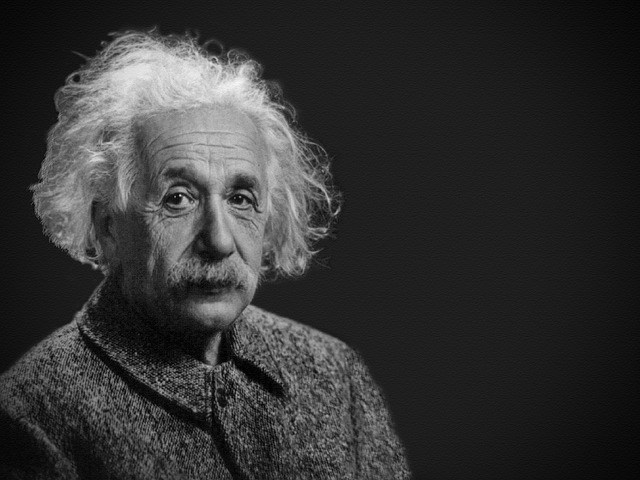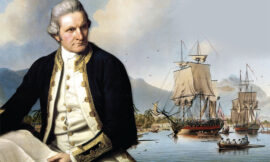Albert Einstein, born on March 14, 1879, in Ulm, Germany, is widely regarded as one of the greatest physicists of all time. His contributions to science, particularly in theoretical physics, have profoundly impacted our understanding of the universe. Best known for his theory of relativity and the famous equation E=mc2E = mc^2E=mc2, Einstein’s work revolutionized the field of physics and cemented his legacy as a pioneer of modern science.
Einstein’s early years were marked by curiosity and a deep interest in mathematics and science. Despite facing challenges in the rigid schooling system of his time, his passion for learning never waned. At the age of 16, Einstein moved to Switzerland, where he completed his secondary education and later enrolled at the Swiss Federal Polytechnic in Zurich. Here, he studied physics and mathematics, graduating in 1900.
After graduation, Einstein struggled to find an academic position and took a job as a patent examiner at the Swiss Patent Office in Bern. It was during his time at the patent office that Einstein produced some of his most significant work. In 1905, often referred to as his “Annus Mirabilis” or “Miracle Year,” Einstein published four groundbreaking papers in the “Annalen der Physik,” a prestigious scientific journal. These papers covered the photoelectric effect, Brownian motion, special relativity, and the equivalence of mass and energy.
The photoelectric effect paper, which earned him the Nobel Prize in Physics in 1921, demonstrated that light could be understood as discrete packets of energy, or quanta. This work laid the foundation for quantum theory, a major pillar of modern physics. In his paper on special relativity, Einstein introduced the concept that the laws of physics are the same for all non-accelerating observers and that the speed of light is constant, regardless of the observer’s frame of reference. This theory fundamentally altered our understanding of space and time.
Einstein continued to develop his ideas, and in 1915, he presented the general theory of relativity. This theory extended special relativity to include gravity, proposing that massive objects cause a distortion in space-time, which is perceived as gravity. General relativity has been confirmed by numerous experiments and observations and remains a cornerstone of modern physics.
In 1933, with the rise of the Nazi regime in Germany, Einstein, who was Jewish, emigrated to the United States. He accepted a position at the Institute for Advanced Study in Princeton, New Jersey, where he remained for the rest of his career. During World War II, Einstein’s fame and influence grew, and he became an outspoken advocate for peace and global disarmament. He played a key role in alerting President Franklin D. Roosevelt to the potential of nuclear weapons, which eventually led to the Manhattan Project and the development of the atomic bomb. However, Einstein was deeply troubled by the use of nuclear weapons and advocated for their control and elimination after the war.
Einstein’s later years were marked by his pursuit of a unified field theory, an ambitious attempt to merge the fundamental forces of nature into a single theoretical framework. Although he was not successful in this endeavor, his efforts paved the way for future research in theoretical physics.
Beyond his scientific achievements, Einstein was a philosopher, humanist, and advocate for civil rights. He was an active supporter of the civil rights movement in the United States and was friends with prominent African American figures like W.E.B. Du Bois and Paul Robeson. His views on social justice, pacifism, and humanitarian issues were well-known, and he used his platform to promote these causes.
Albert Einstein passed away on April 18, 1955, in Princeton, New Jersey. His legacy endures not only through his scientific contributions but also through his profound impact on culture and society. Einstein’s name has become synonymous with genius, and his work continues to inspire and influence scientists, thinkers, and dreamers around the world. His ability to think deeply about the fundamental questions of the universe and his relentless pursuit of knowledge embody the true spirit of scientific inquiry and intellectual curiosity.



